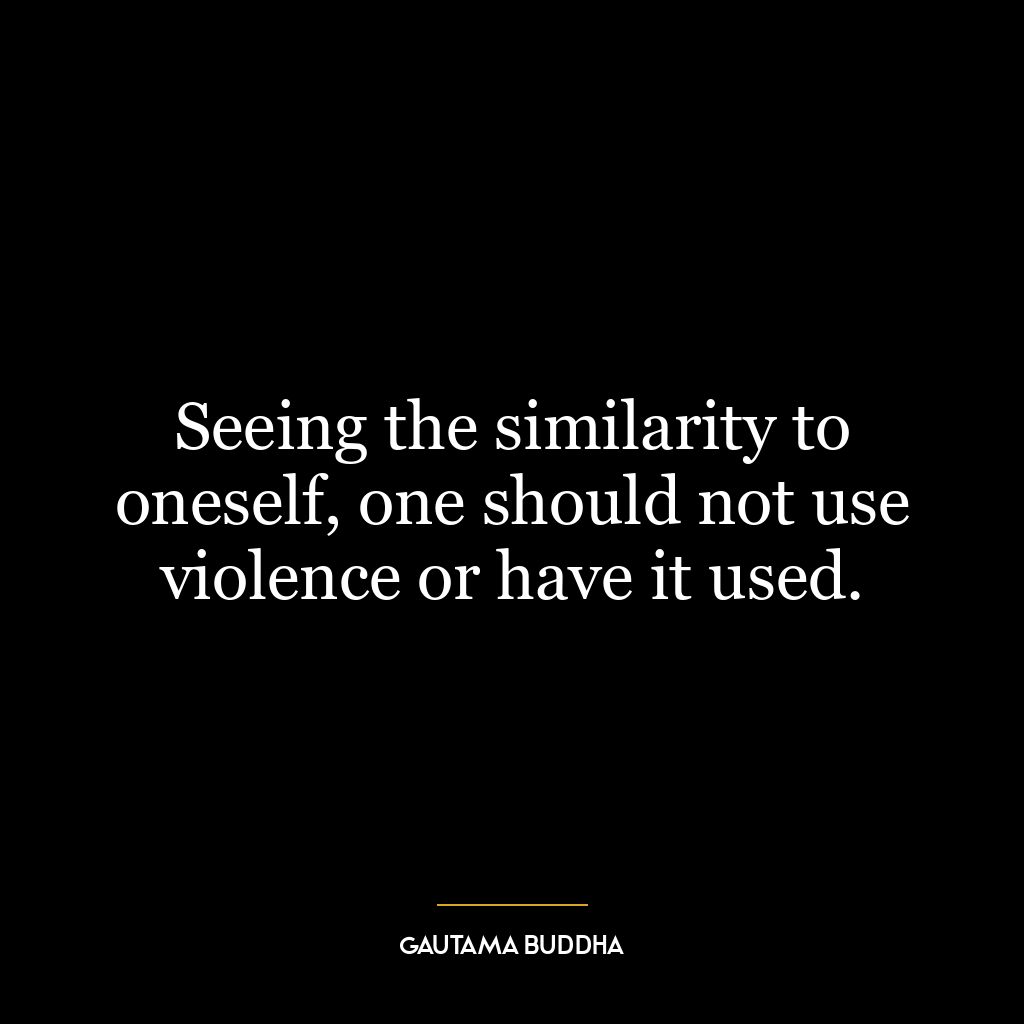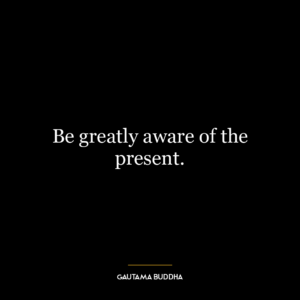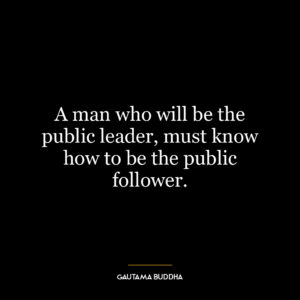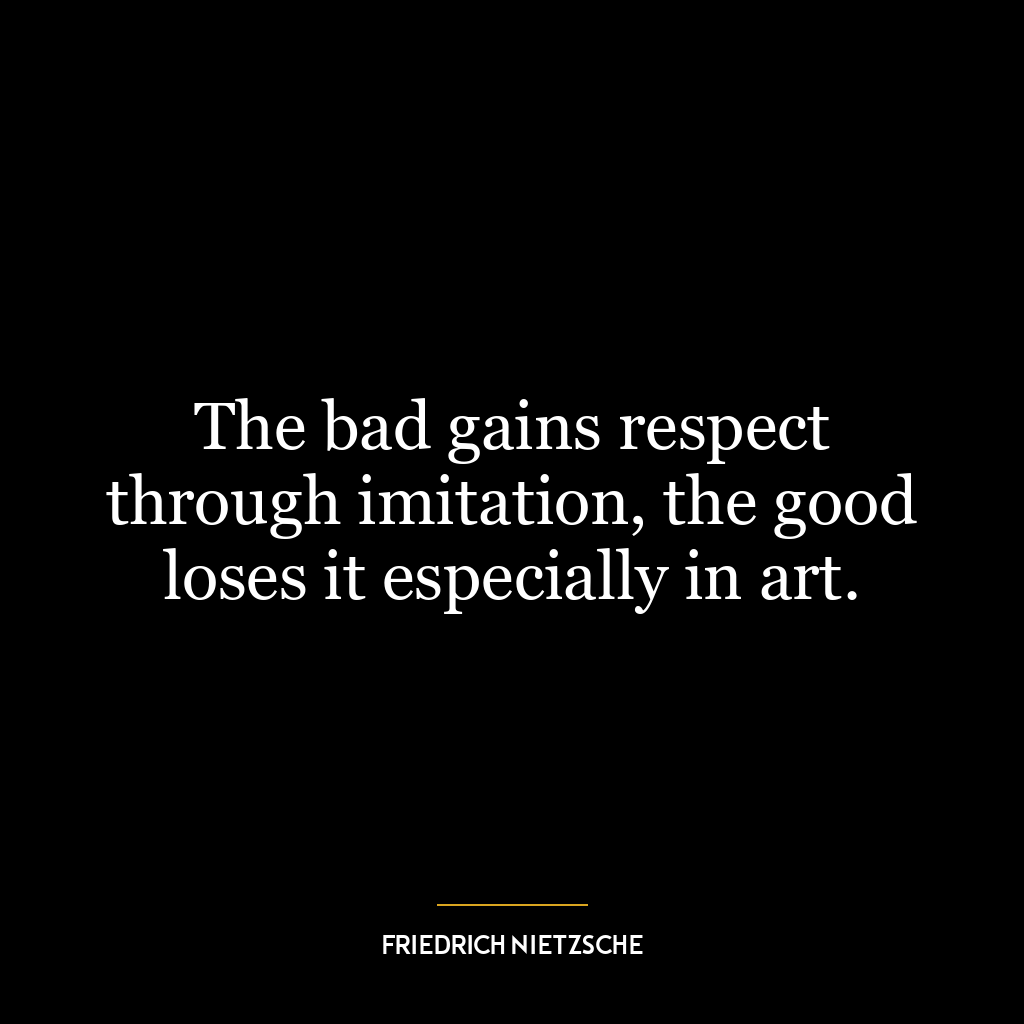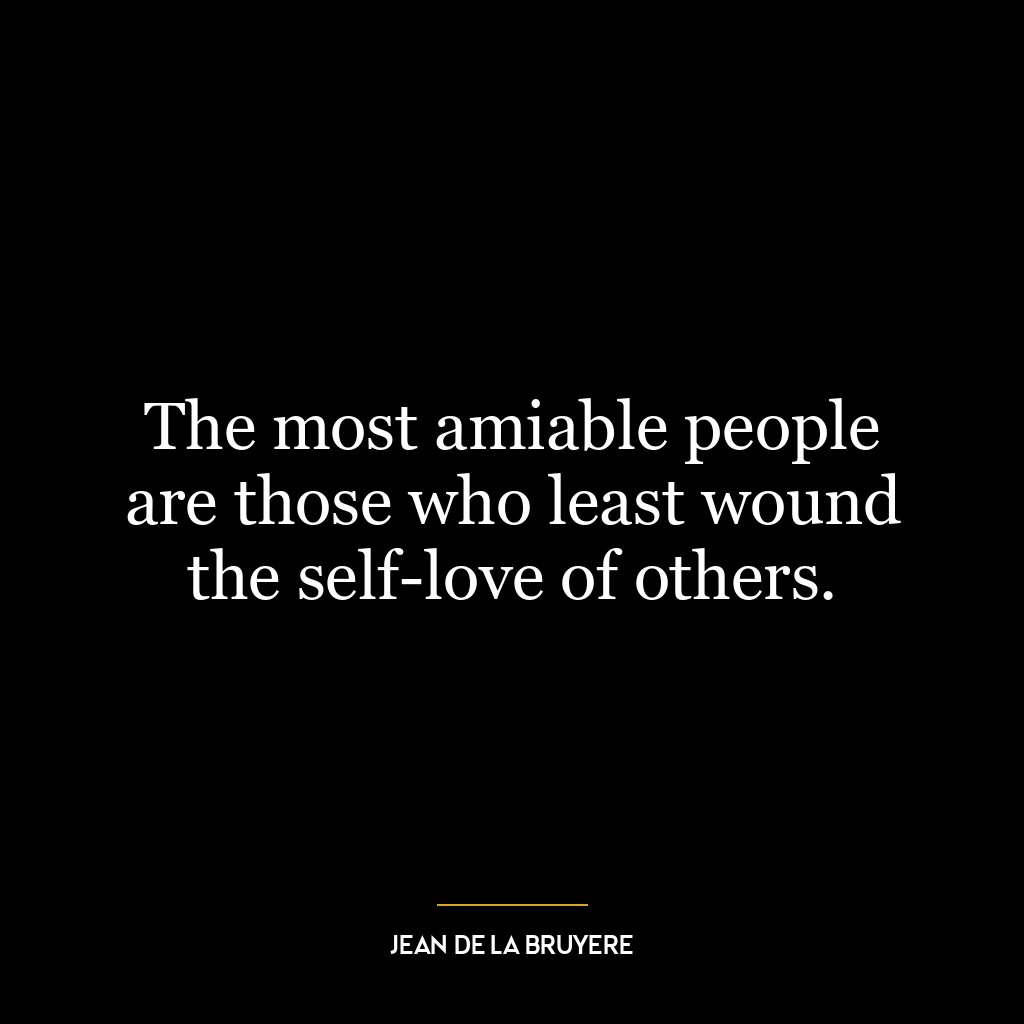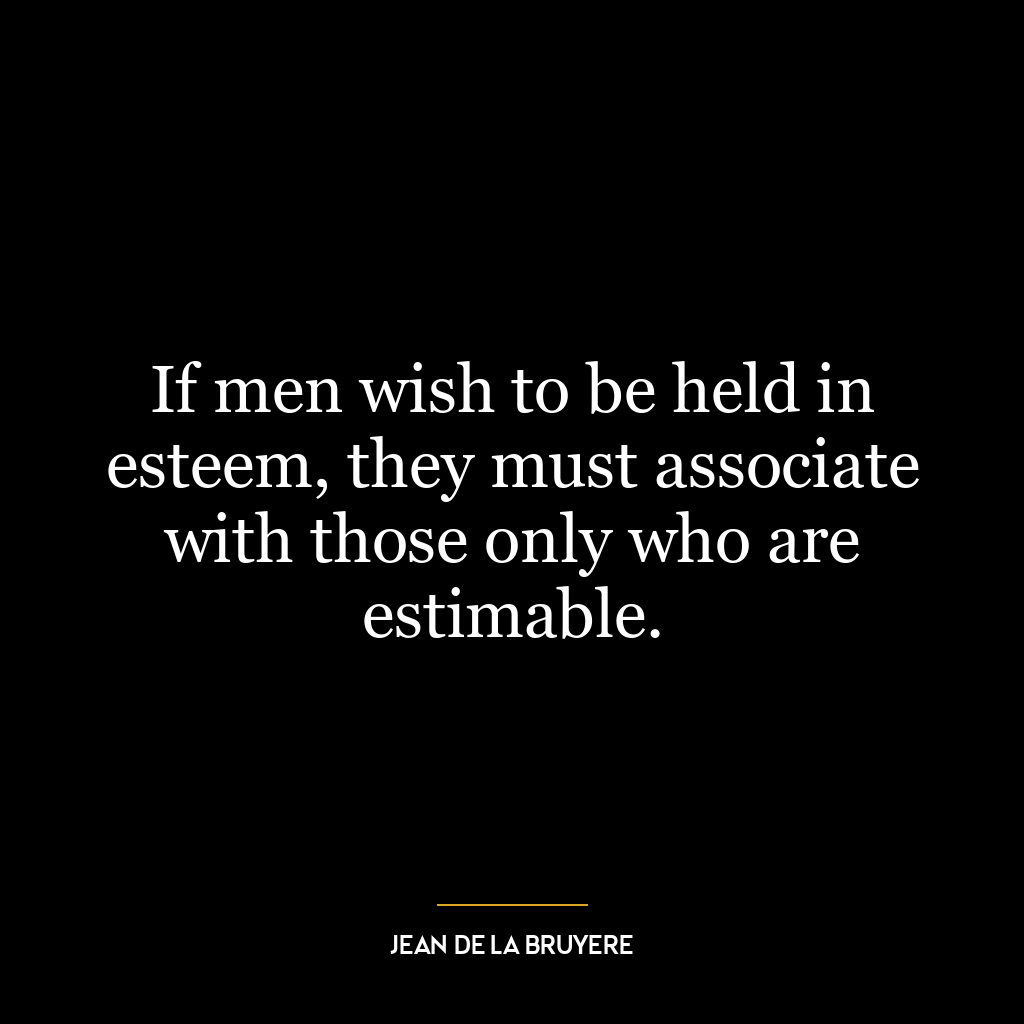Seeing the similarity to oneself, one should not use violence or have it used.
This quote is a profound reflection of the principle of empathy and non-violence, two core tenets in Buddhism. Essentially, it suggests that one should recognize the shared humanity in all beings – seeing oneself in others. This recognition should then deter one from inflicting harm or violence on them, just as one would naturally avoid self-harm.
The first part of the quote, “Seeing the similarity to oneself,” refers to acknowledging that at our core, we are all fundamentally alike. We share common experiences such as joy and suffering; we aspire for happiness and dread pain. By recognizing this shared human experience, we can foster empathy towards others.
The second part of the quote, “one should not use violence or have it used,” is a call for non-violence based on this empathetic understanding. If we truly see ourselves in others and understand their experiences as akin to our own, then causing harm becomes an act against oneself.
In today’s world fraught with conflict and division, applying this idea could lead to more peaceful coexistence. It encourages us to step into another’s shoes before passing judgment or resorting to aggression – be it physical or verbal.
In terms of personal development too, embracing this philosophy can foster growth by enhancing emotional intelligence skills like empathy and compassion. It could guide interpersonal relationships towards more understanding paths where conflicts are resolved through dialog rather than aggression.
Moreover, recognizing oneself in others also promotes unity and collective responsibility – if you wouldn’t want something harmful done to you because it causes pain or suffering; logically you wouldn’t do that same thing unto someone else who would equally feel pain or suffer from your actions. This sense of shared responsibility can be applied universally – from interpersonal relationships at home or work right up until international relations between countries.
So whether personally or globally applied – fostering empathy through recognizing our commonalities rather than focusing on differences could help create a more harmonious world free from needless violence.

